As a preschool teacher, you are probably aware of the importance of fine motor skills in early childhood development. Fine motor skills are essential for many everyday activities, such as writing, drawing, and using utensils. They also play a crucial role in cognitive development and academic success.
To help preschoolers develop fine motor skills, incorporating STEAM (Science, Technology, Engineering, Art, and Math) activities into your curriculum can be extremely beneficial. Here are some ways to use STEAM to develop fine motor skills in your preschoolers:

Building with Blocks and LEGO:
Building with blocks and LEGO is an excellent way to improve fine motor skills in preschoolers. Children use their hands to manipulate the pieces, which helps strengthen the muscles in their fingers and hands. This activity also encourages problem-solving skills and spatial reasoning.
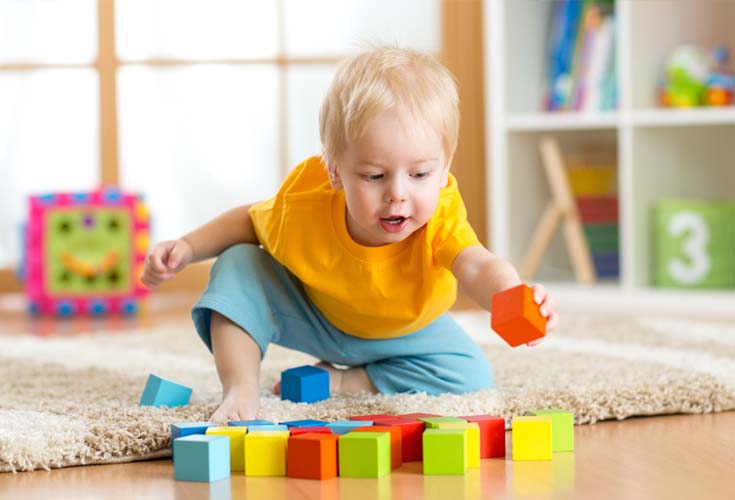
Art Projects:
Art projects, such as painting, drawing, and cutting, are also great for developing fine motor skills. These activities require children to use their hands to create something, which helps improve their hand-eye coordination and dexterity.
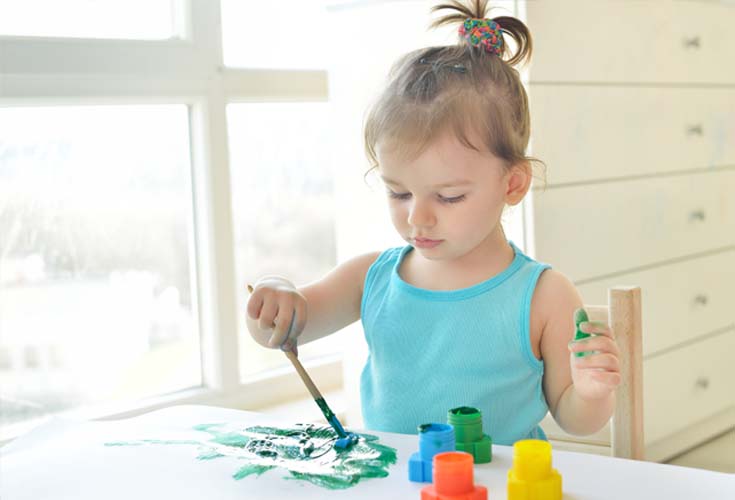
Play dough and Clay:
Playing with Play-Doh and clay is another great way to improve fine motor skills in preschoolers. Children can use their hands to manipulate the material and create different shapes, which helps improve their hand strength and finger dexterity.
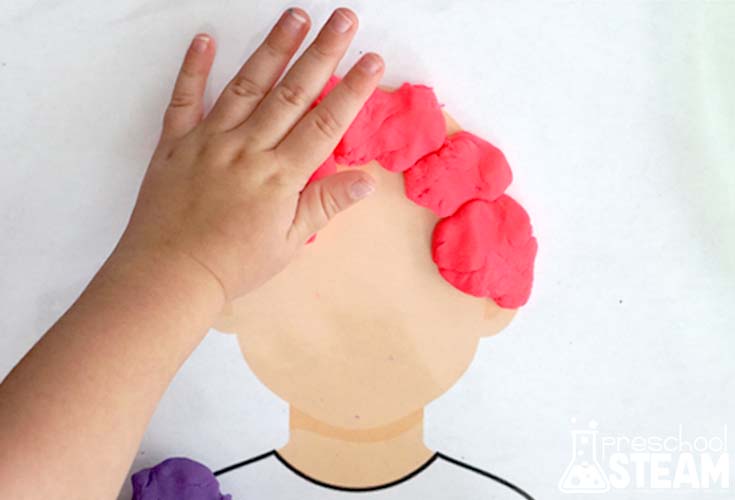
Coding for Kids:
Coding activities for young kids, such as using a programmable robot, can also be beneficial for developing fine motor skills. Children use their hands to program the robot, which helps improve their hand-eye coordination and problem-solving skills.
Click here to learn more about how to introduce coding to young learners.
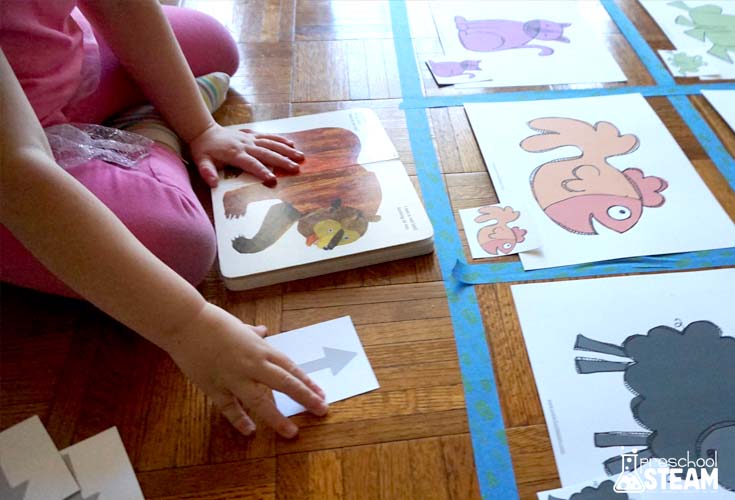
Sensory Bins:
Sensory bins are containers filled with different materials, such as sand, water, or beans. Children can use their hands to explore the materials and manipulate them, which helps improve their fine motor skills.
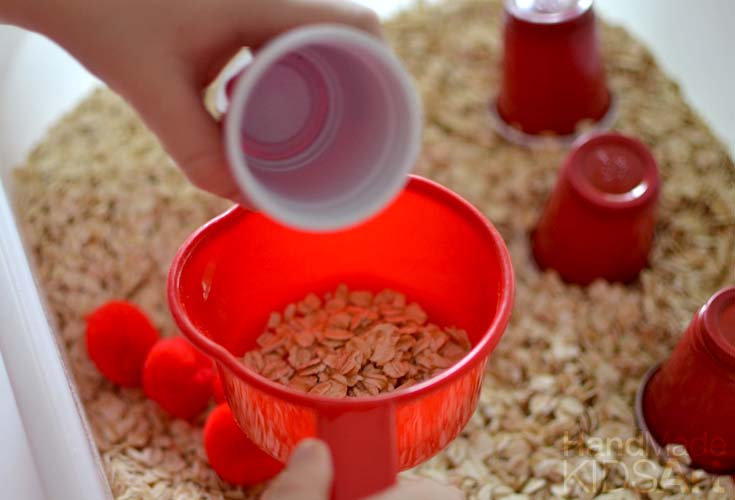
Fine motor skills refer to the ability to make small, precise movements with your hands, fingers, and wrists. Developing fine motor skills is essential for children, as it helps them perform a wide range of activities, from writing and drawing to using utensils and manipulating small objects. Furthermore, fine motor skills play a crucial role in cognitive development, academic success, and overall well-being.
To help children develop fine motor skills, educators often incorporate STEAM (Science, Technology, Engineering, Art, and Math) activities into their curriculum. The 5-Star STEAM Learning Method is an excellent framework for incorporating these activities into early childhood education.

How Each STEAM discipline supports the development of fine motor skills:
Science: Science activities, such as experiments and observations, can help children improve their fine motor skills by encouraging them to use tools like tweezers, magnifying glasses, and droppers to manipulate objects and materials.
Technology: Technology activities, such as coding and robotics, can help children develop fine motor skills by requiring them to use keyboards, mice, and other devices to input commands and manipulate digital objects.
Engineering: Engineering activities, such as building and designing, can help children improve their fine motor skills by requiring them to use tools like hammers, screwdrivers, and saws to assemble and manipulate materials.
The Arts: Visual activities, such as drawing, painting, and sculpting, can help children develop fine motor skills by requiring them to use brushes, pencils, and other tools to create and manipulate visual representations. But don’t forget to also include music, drama, and dance to allow young learners to express themselves creatively.
Math: Math activities, such as puzzles and pattern recognition, can help children improve their fine motor skills by requiring them to use tools like calculators, rulers, and geometric shapes to manipulate and measure objects.
Adding STEAM activities into your preschool curriculum is an excellent way to develop fine motor skills in your students. These activities are not only fun and engaging but also provide children with essential skills that will help them succeed. By providing children with a wide range of activities that encourage the use of their hands, fingers, and wrists, educators can help children develop essential skills that will serve them well in all areas of life.
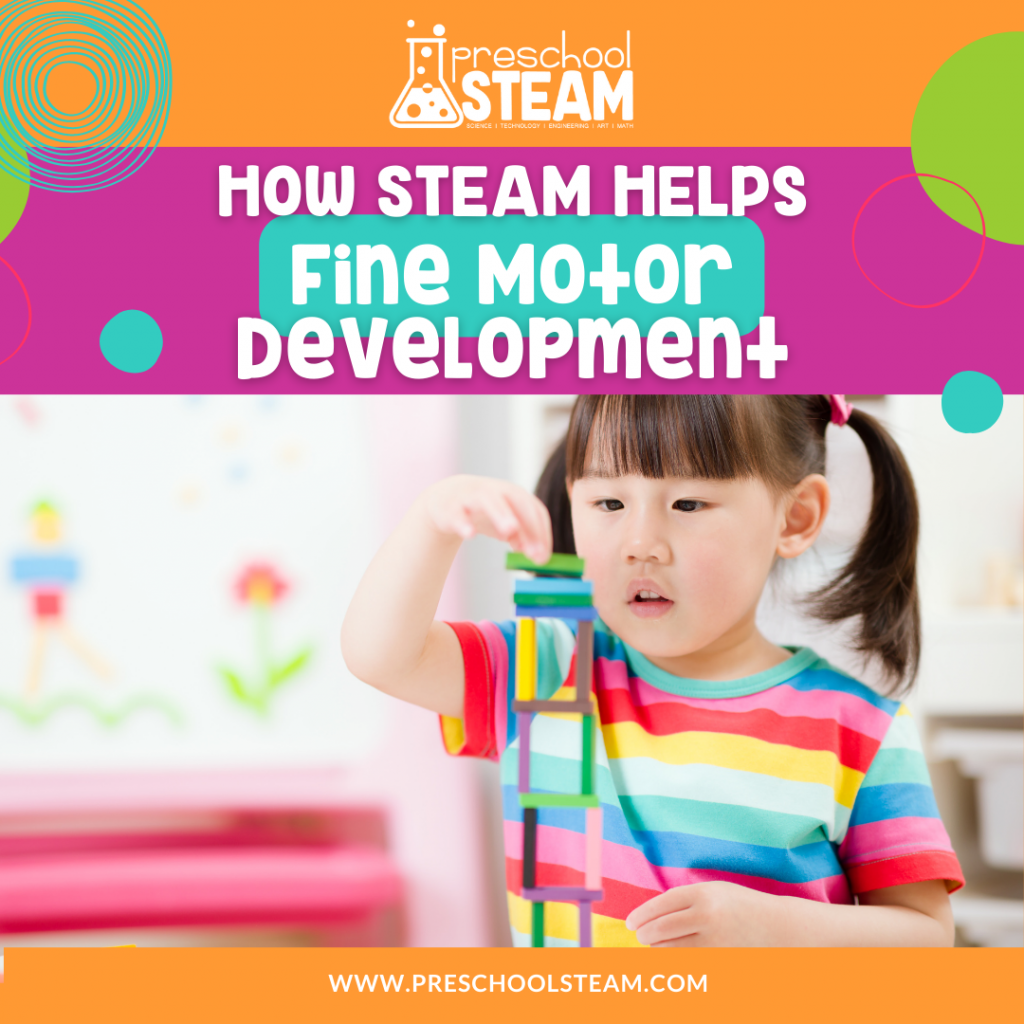
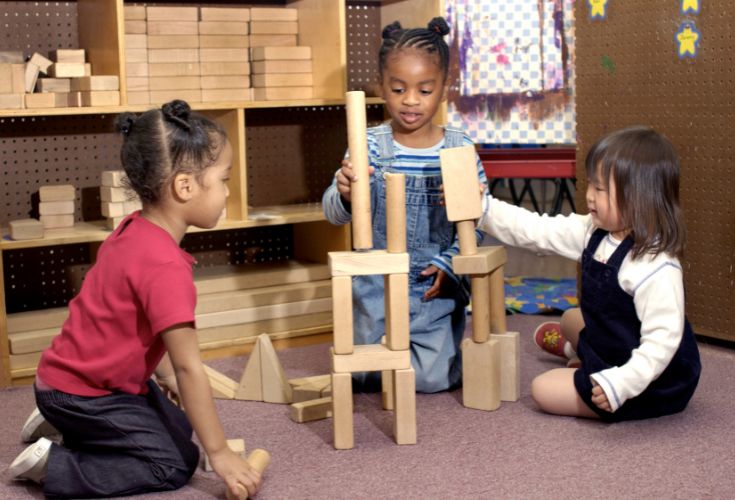
Leave a Reply